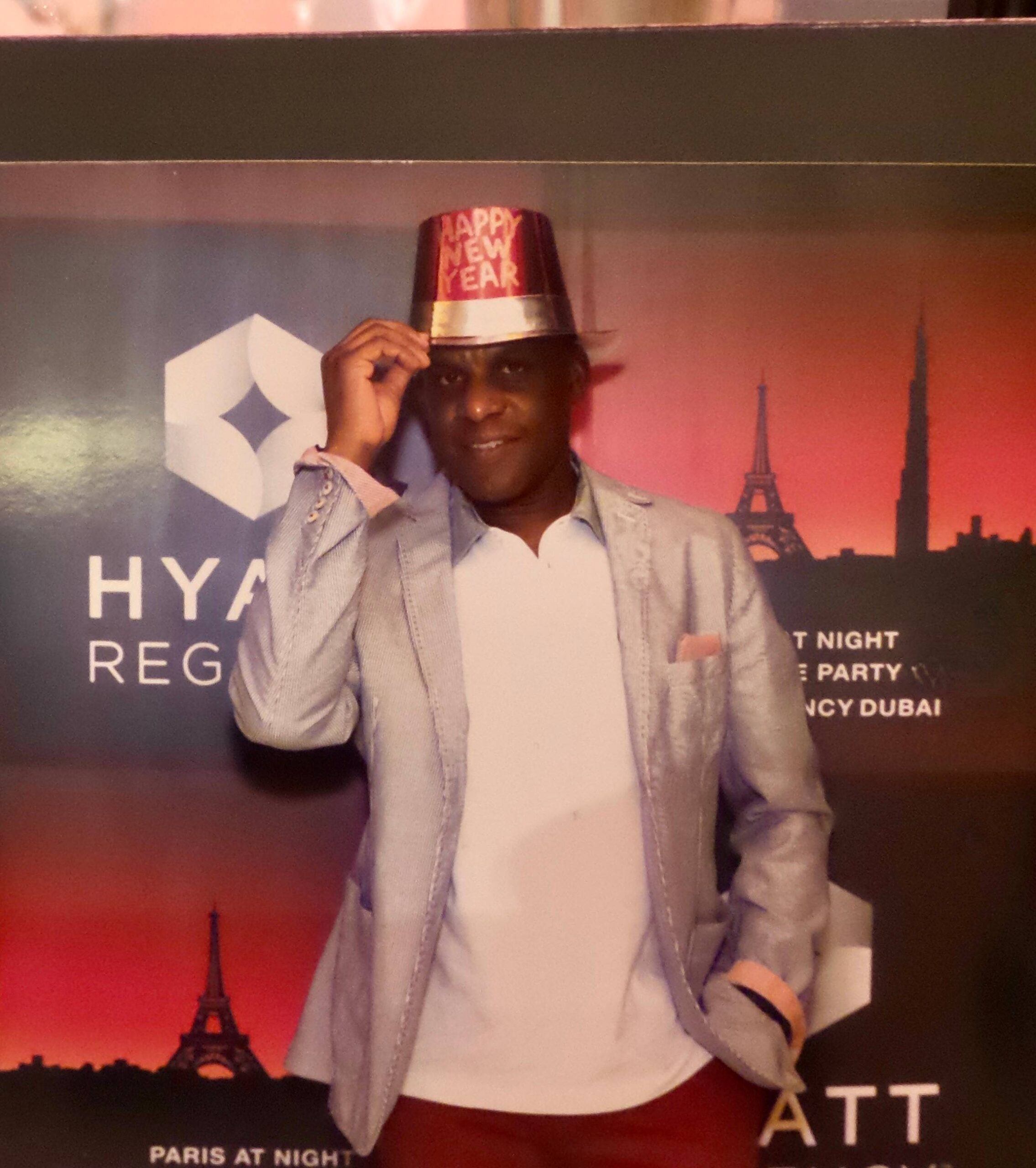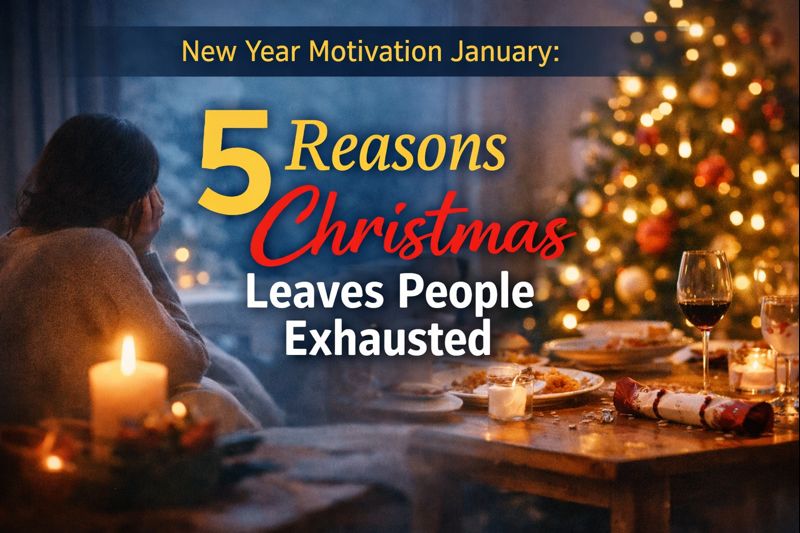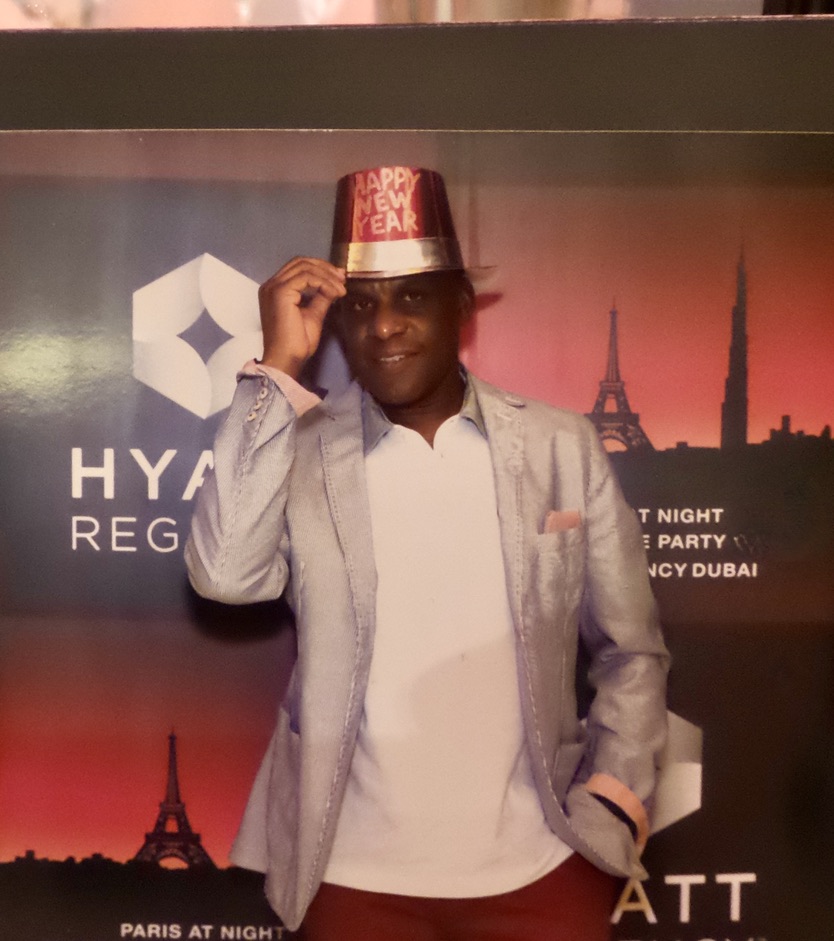I was driving between client sessions this afternoon with LBC on in the background, half-listening, half-planning the rest of my day. Then something made me turn the volume up.
Wes Streeting was on air with Tom Swarbrick discussing the newly unveiled Men’s Health Strategy. What should have been a breakthrough moment kept drifting toward political gossip — who might lead, who might challenge, who might be manoeuvring in the background.
Then a caller came on.
A woman.
Clear in her conviction.
She said International Men’s Day felt “misogynistic” and unnecessary — that if boys needed better health education, schools should handle it, not a national awareness day.
For a moment, the road in front of me blurred into background noise.
Not because her opinion was malicious, but because it showed — painfully clearly — that we’re still not all looking at the same picture. That some still hear “men’s health” and assume it means “less for women”, when the truth is far more complex and human.
As Bob Marley said,
“The greatness of a man is not in how much wealth he acquires, but in his integrity and his ability to affect those around him positively.”
And integrity starts with acknowledging uncomfortable truths.
A Historic Shift — Happening Quietly in the Background
While that debate unfolded live on the radio, something genuinely significant was happening:
England launched its first-ever Men’s Health Strategy.
After years of data pointing in one direction:
- Men die younger.
- Men delay asking for help.
- Men dominate suicide statistics.
- Men hide stress behind silence, humour or work.
Today, the government finally said it out loud.
International Men’s Day isn’t about pedestal-building.
It’s about finally naming what has been hidden in plain sight.
Post-COVID: A Change I’ve Seen First-Hand
Before the pandemic, most of the people who reached out for wellbeing support were women — in my coaching, my therapy work, my MHFA training, my workshops. Women have always been brave enough to step forward.
But in the last three years, I’ve noticed a steady increase in men reaching out quietly, often privately, often late at night.
Not a flood.
Not a wave.
But a significant shift — enough to know something has cracked open.
And when you’ve worked with people in deep human moments —
single fathers and single mothers trying to hold families together,
managers of all genders burning out,
students bullied or overwhelmed,
veterans carrying decades of unspoken trauma,
leaders who hold everyone else together while quietly unravelling —
you realise:
Struggle doesn’t discriminate.
Silence still does.
As Martin Luther King Jr reminded us,
“The ultimate measure of a man is not where he stands in moments of comfort and convenience, but where he stands at times of challenge and controversy.”
Post-COVID, many men are only now admitting where they truly stand.
What the New Strategy Gets Right
The strategy acknowledges the specific barriers men face, and it sets out targeted action:
- Suicide prevention
- Prostate cancer & cardiovascular risk
- Stigma around help-seeking
- Reaching men where they already are
- Tackling life expectancy gaps across regions & incomes
It also highlights the role of employers.
EDF is named as an example of a company investing in mental and physical health training. The strategy encourages more employers to step up — MHFA, wellbeing frameworks, early intervention, accessible EAPs.
But here’s the unfiltered truth I see daily:
- Some organisations go all in.
- Some tick the box and carry on.
- And many SMEs simply cannot absorb additional wellbeing costs in the current economic climate.
Policy sets direction.
Culture delivers outcomes.
Why International Men’s Day Still Matters
When someone asks, “Do men really need a day?” I think of the men who:
- are overstretched but won’t admit it,
- carry financial pressure quietly,
- are trying to be the rock for everyone else,
- feel responsible but unsupported,
- are navigating identity, purpose and ageing alone,
- are drowning silently in responsibilities no one sees.
International Men’s Day isn’t about glorifying men.
It’s about finally seeing them.
As Malcolm X said,
“A man who stands for nothing will fall for anything.”
Too many men are falling quietly — into burnout, into isolation, into preventable illness.
We cannot ignore this anymore.
Where We Go From Here
If this year is going to be more than symbolism:
- Check in on the men in your life — properly.
- Bring wellbeing into normal conversation, not as a corporate theme day.
- Make support visible and shame-free.
- Train leaders to show humanity, not invincibility.
- Challenge the belief that asking for help diminishes masculinity.
- Build environments where men don’t have to reach breaking point before speaking.
As Zig Ziglar said,
“You don’t have to be great to start, but you have to start to be great.”
Today is a start.
Tomorrow is the work.
And the men in our communities, families, and workplaces deserve that commitment.
P.S.
If your organisation wants more than token gestures — if you want real culture change, genuine wellbeing support, MHFA training, executive resilience development, and a practical strategy aligned with this new Men’s Health Strategy — I’m here for a conversation.
This is the moment to act, not wait.
Mike Lawrence: Your Guide to Health & Wellbeing
I’m Mike Lawrence, a passionate advocate for mental health and wellbeing. After overcoming significant health challenges, including brain surgery, I’ve dedicated myself to a journey of self-improvement and helping others thrive. From heart-pounding skydives for charity to soul-enriching travels in Thailand, my experiences have shaped my approach to holistic health.
I love sharing the lessons I’ve learned from these adventures and the powerful audiobooks I devour. Let’s explore the paths to better mental and physical health together. Embrace life’s adventures with enthusiasm and resilience, and remember—you’re never alone on this journey!
Feel free to email me at hello@mikelawrence.co.uk or connect with me on LinkedIn. For more in-depth insights and inspiring stories, read my latest blogs here. Together, let’s create a healthier, happier future!





